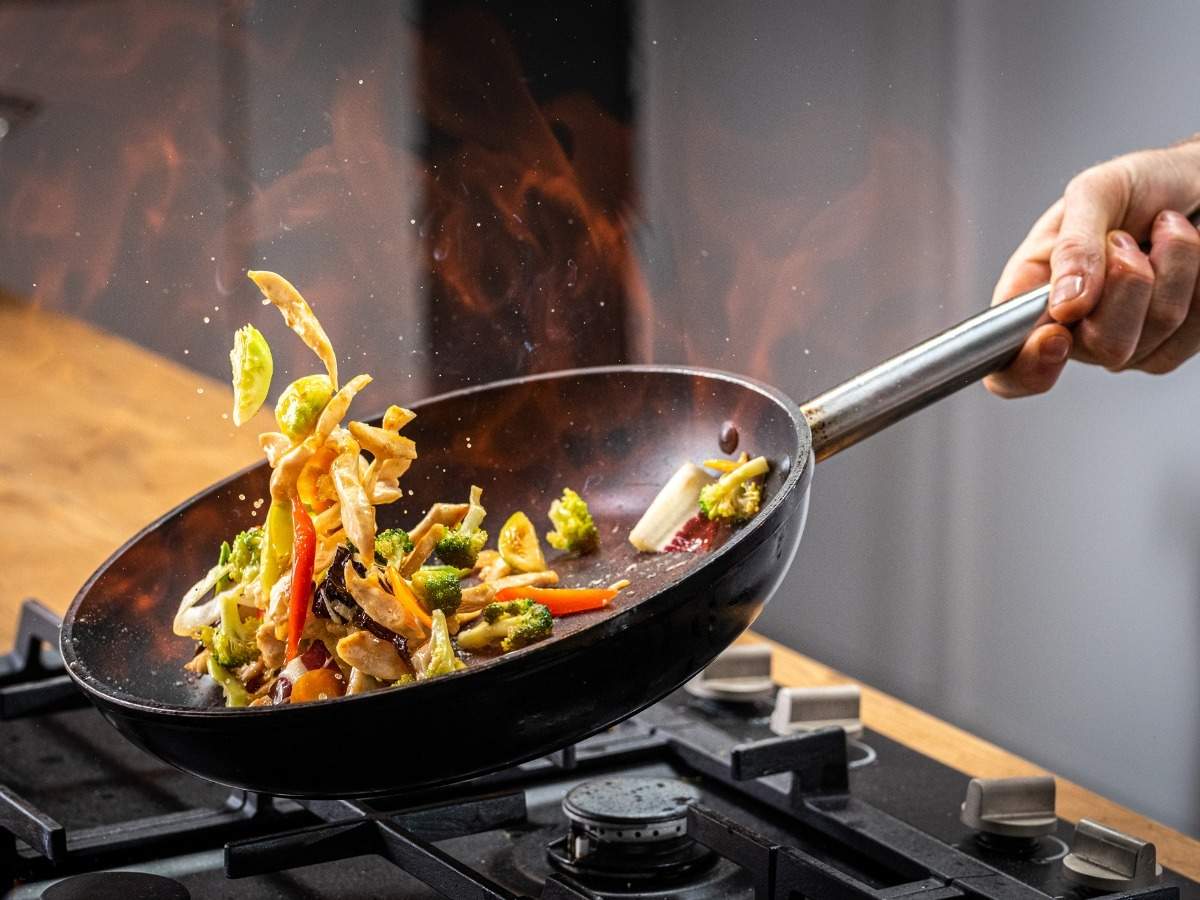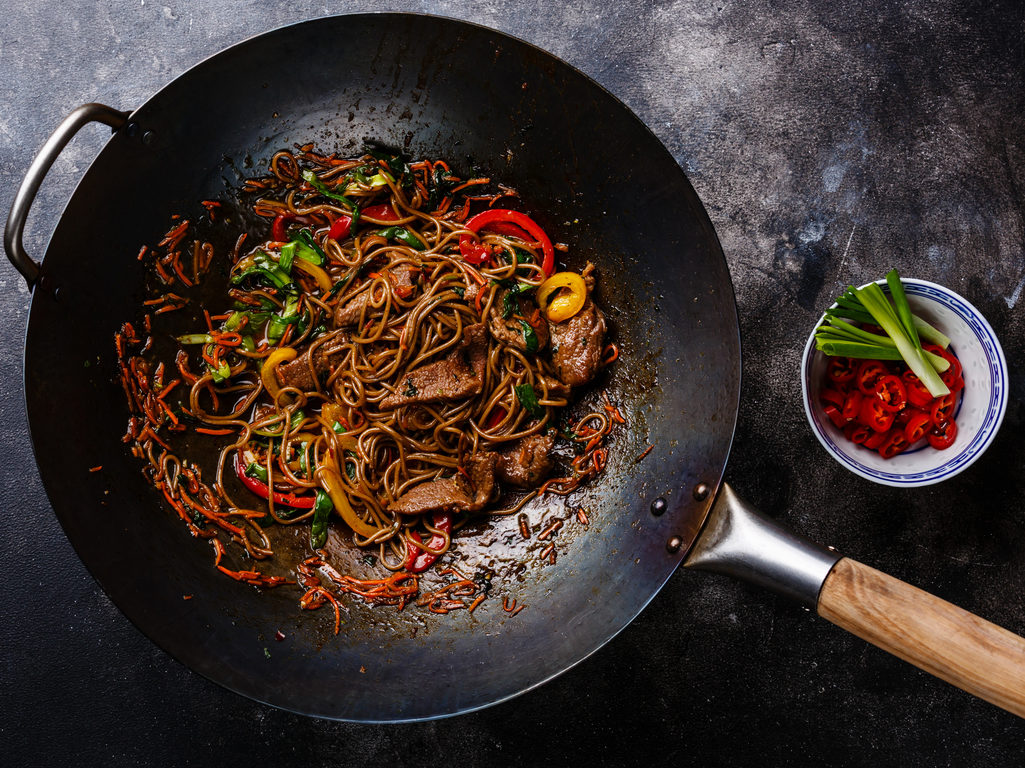How to Prevent Your Wok from Rusting: Essential Tips for Barbecue Enthusiasts
Written By James Morgan
Woks are a quintessential tool for any barbecue enthusiast, offering versatility and a unique cooking experience. However, maintaining your wok to prevent rust can be a challenge. In this article, we will share expert advice on how to prevent your wok from rusting and ensure it remains in top condition for all your barbecuing adventures.

Understanding Why Woks Rust
Before we delve into preventive measures, its crucial to understand why woks rust. Rust forms when iron in the wok reacts with moisture and oxygen in the air. This process is accelerated by factors such as humidity and exposure to water. To combat this, we need a combination of good practices and proper care techniques.
Seasoning Your Wok
Seasoning your wok involves creating a protective layer of oil that prevents moisture from reaching the wok's surface. Here's how you can do it:
- Clean the Wok: Thoroughly scrub the wok with warm water and mild detergent to remove any factory coating or residues. Make sure to dry it completely.
- Heat the Wok: Place the wok on high heat until it starts to smoke. This step opens up the metal's pores.
- Apply Oil: Using a paper towel, apply a thin layer of high-smoke-point oil (like flaxseed or grapeseed oil) all over the inside of the wok.
- Heat Again: Heat the wok until it smokes. Repeat this process several times to build a robust and rust-resistant layer.
For more detailed steps, check out our guide on how to season an aluminum wok.

Proper Cleaning Techniques
Regular cleaning methods can sometimes cause rust if not done correctly. Here are some tips to clean your wok without promoting rust:
- Avoid Harsh Detergents: Use mild soap or just hot water to clean your wok.
- Immediate Drying: After washing, dry your wok immediately. Leaving it damp will speed up the rusting process.
- Use Bamboo Brushes: Consider using bamboo brushes for cleaning, as they are gentle and effective. For more details, visit our detailed article on how to clean a wok with a bamboo brush.

Storage Tips to Prevent Rust
How you store your wok can have a significant impact on its longevity:
- Keep it Dry: Store your wok in a dry place to minimize exposure to moisture.
High humidity can accelerate the rusting process significantly. Consider using silica gel packets in your storage area to absorb excess moisture.

Avoid Abrasive Tools
While it might be tempting to use steel wool or abrasive scrubbers to clean stubborn residues, these tools can damage the seasoning layer and expose the metal to rust.
What to Do if Your Wok Rusts
If your wok shows signs of rust, dont panic. Heres how you can restore it:
- Scrub the Rust Off: Use a scrub pad to remove the rust. Ensure you clean until the rust is entirely gone.
- Re-season the Wok: Follow the earlier mentioned seasoning steps to rebuild the protective layer.
Additional Resources
For more insights and tips on using and maintaining your wok, check out these resources:
Faq
How often should I season my wok?
Season your wok after every few uses to maintain its protective layer.
Can I use soap to clean a seasoned wok?
Its better to use mild detergent or just hot water to preserve the seasoning.
How can I store a wok to prevent rust?
Store the wok in a dry place, apply a thin oil layer, and consider using silica gel packets to minimize moisture.
As an Amazon Associate, I earn from qualifying purchases.



